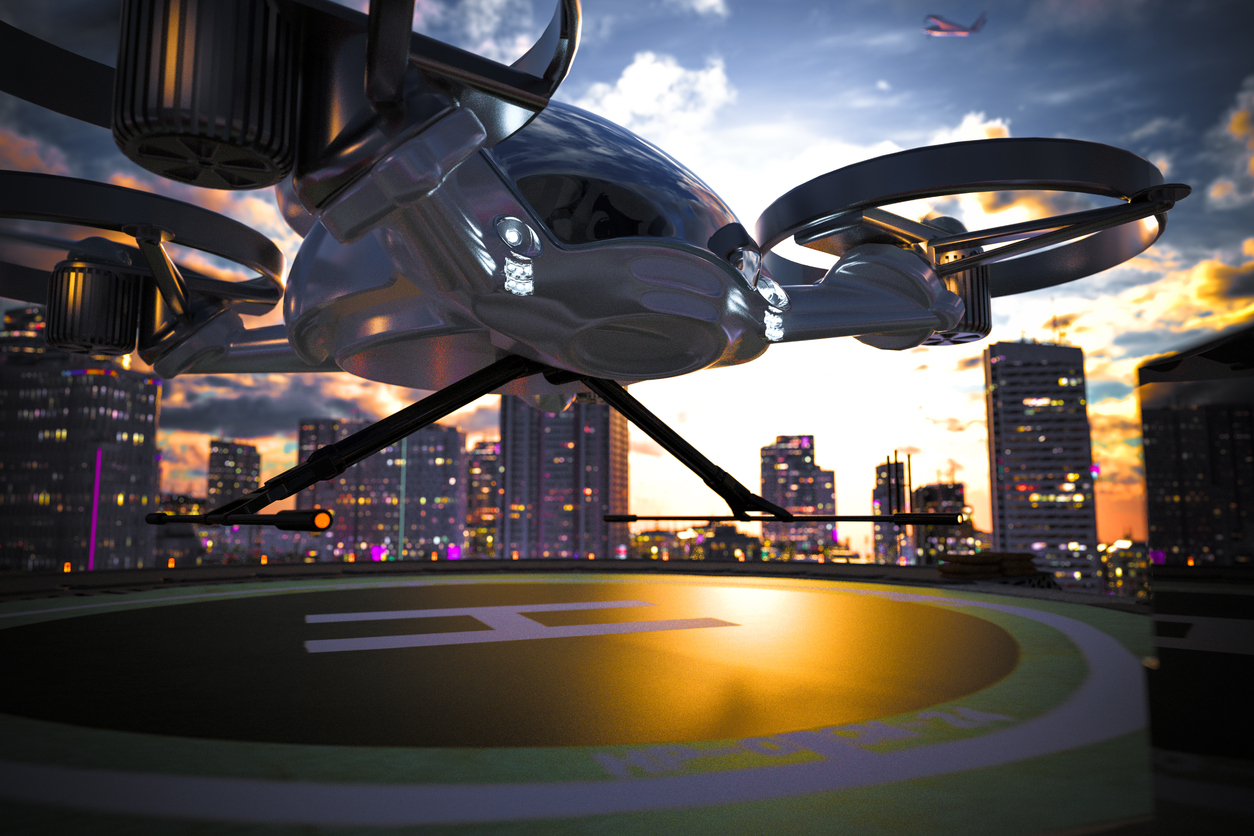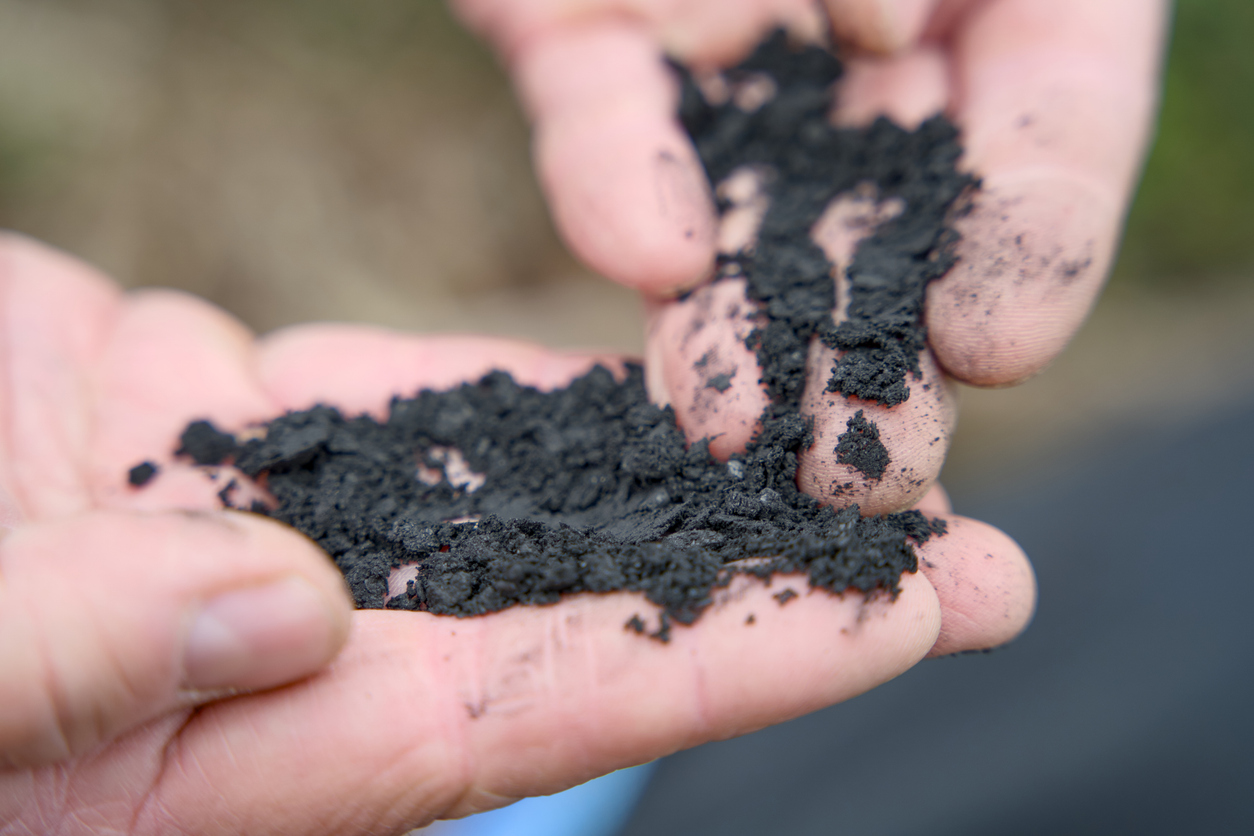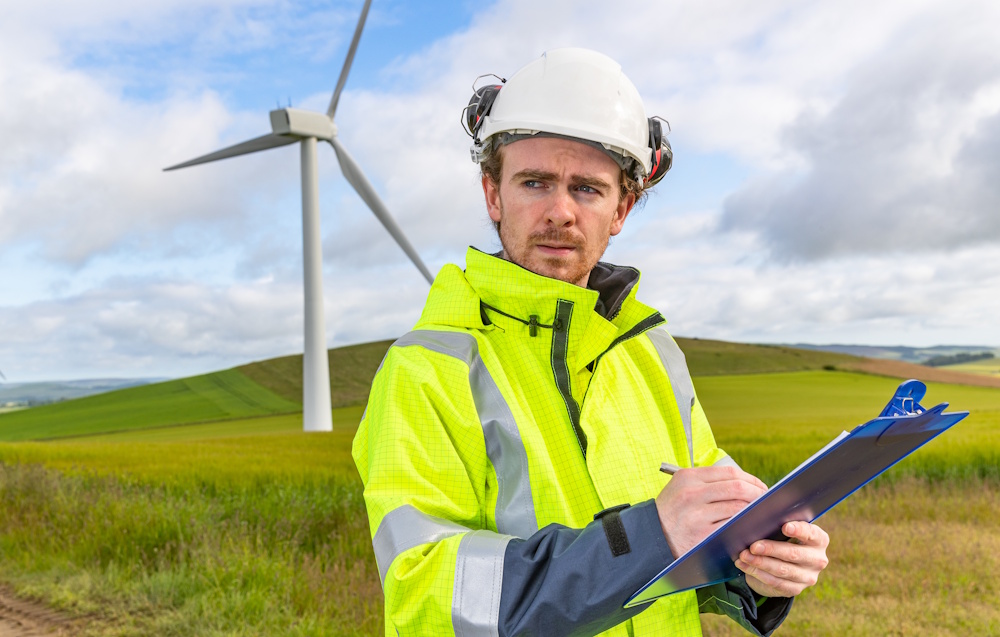Article
Podcast: Flying with reduced carbon


Our latest Dividing Lines podcast in partnership with The Near Futurist explores whether we’ll really be able to travel around the planet in a more sustainable way in the next few years, or whether it’s still just a pipe dream. Take a listen here.
The good news – no, the great news – is that we’re able to travel again. Restrictions are lifting, depending on where you live – it’s patchy – but they’re lifting. The idea of having a holiday in the back garden is receding and the notion of business meetings that can’t be face to face is shifting into the past.
So we’re all going to get back into aeroplanes, insist they burn enough fuel to gain sufficient momentum to get all that metal off the ground and into the air and basically trash the planet.
Oh.
It suddenly doesn’t sound quite so great. What a pity someone isn’t developing flights that will take up fewer resources…
Well of course they are.
Actually it would be a bit of a short podcast if we just sighed and lamented over the lack of innovation. So in this episode of the #nearfuturist podcast’s Dividing Lines series we unite Tom Grundy of Hybrid Air Vehicles and Cristina Garcia-Duffy of the Aerospace Technology Institute (STI) to talk about moves to get items and people moving around the globe more sustainably.
As you can imagine it’s a case of baby steps at first. Grundy is working on and has started using energy-efficient craft, broadly reminiscent of airships rather than full-blown planes, for freighting goods. We’re not yet talking about replacing jet engines or leisure flights becoming massively green, that’s a way off if it’s possible at all.
Nonetheless, there is room for development and it was great to speak to someone at the vanguard of it, as well as obtaining a second voice and more of an overview from Garcia-Duffy, who was able to point to other prototypes and technologies under investigation to help consolidate our freedoms without trashing the planet.
Guy Clapperton interviews both, as always. Will we be circumnavigating the globe without environmental impact over the next year? Of course not. Is there research happening to bring that ideal slightly closer? Listen and find out!





